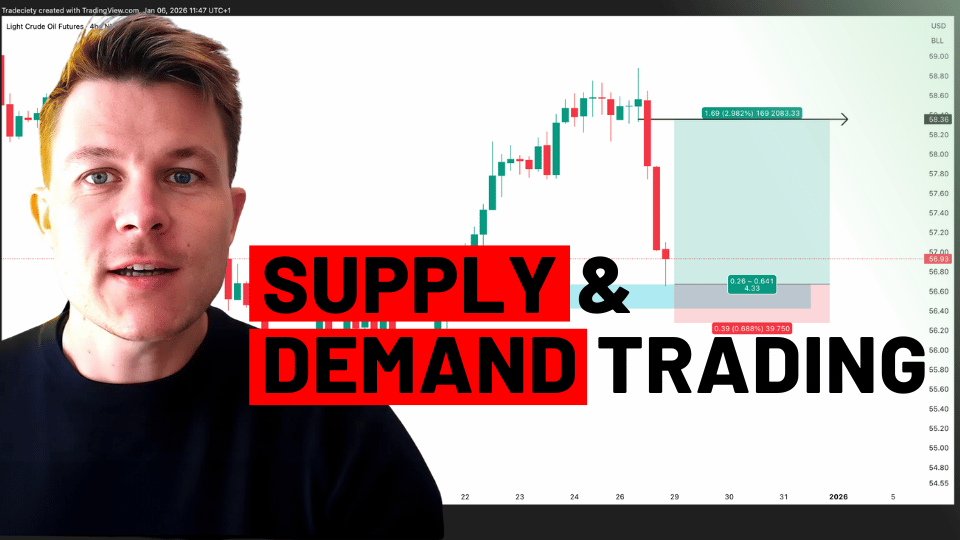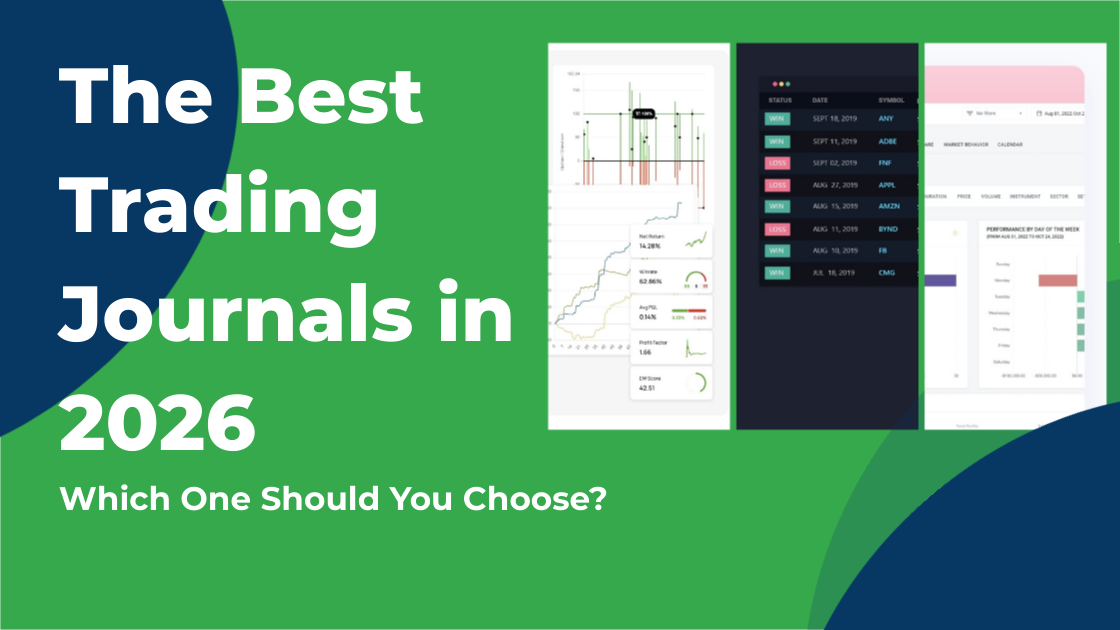Supply and Demand Trading in 2026
We have been trading supply and demand strategies for over ten years, and they have stood the test of time remarkably well. Supply and demand is...
I understand that this is a controversial topic but I fully stand to my word and after working with hundreds and thousands of traders, the losing traders have one thing in common: they don’t use stops. Of course, there is often more that separates the profitable from the unprofitable traders, but stops are a big thing.
Here are the main reasons why trading profitably without a stop loss is impossible:
If a trader doesn’t use a stop loss, then he has no money management in his trading. The stop loss distance is used to calculate how many contracts you have to buy or sell in order to achieve a certain position size.
For example, a 10 pip stop loss requires a very different size than a 30 pip stop loss. People always say that “you should risk 1% of your capital per trade” but without having a fixed stop loss, you cannot determine how much this 1% is going to be for your trades and your numbers will be all over the place.
And no, a mental stop doesn’t cut it. Just executing a mental stop a few pips later will completely throw off your money management.
…this brings us to the next point. The Reward:Risk Ratio and the R-Multiple are arguably the most important metrics for any trader and only a trader who can compare those two metrics to his winrate, can estimate if he can be profitable.
For example, if you know that your trades usually roughly have a 1.5:1 Reward:Risk ratio, it means that your winrate only has to be 40% to at least break even. But if your winrate or Reward:Risk ratio don’t add up, you won’t be able to make any money – ever!
| Your historical winrate | Minimum reward:risk ratio |
| 25% | 3 : 1 |
| 33% | 2 : 1 |
| 40% | 1.5 : 1 |
| 50% | 1 : 1 |
| 60% | 0.7 : 1 |
| 75% | 0.3 : 1 |
However, you can only determine the Reward:Risk ratio and the R-Multiple if you have a stop loss. The stop loss is a mandatory number in the Reward:Risk ratio and without it, it’s simply impossible to calculate it.
And then, you are just stumbling around, taking random trades, not knowing if the winners are large enough, if you can keep the losses small and profitable trading becomes an impossible task.
The two common arguments against the first two points mostly are:
3.1 My broker hunts my stops: dead wrong! Your broker really doesn’t care about your o.1 lot trade and the $10 he can make by looking at your stop. What happens is that you place your stop like everyone else and then you just get taken out.
3.2 I use mental stops: as I said above, that doesn’t quite cut it. Even executing the mental stop a few pips later will completely throw off your position size metrics and your Reward:Risk ratio and you are back to complete amateur trading.
A stop loss is your insurance in the market. A stop loss doesn’t think and it doesn’t care about your PnL, unlike you. Traders often try to rationalize their emotionally driven (dumb) impulses with excuses. A fixed stop loss, if you don’t tinker with it, makes sure that you don’t fall prey to your emotions.
Thus, it’s so important to set a FIXED stop loss upon entering a trade and then stand by it. If price reaches the stop loss, you’re out. You don’t widen the stop, you don’t add to the loss and you don’t revenge trade. Your stop is your red flag and it signals that your trade idea didn’t work out.
I know that many people don’t agree with me, but this is the truth and looking at the arguments for position size and risk management should make it obvious that a stop loss is so much more than you think.

We have been trading supply and demand strategies for over ten years, and they have stood the test of time remarkably well. Supply and demand is...

3 min read
Choosing the right trading journal is essential for traders wanting to analyze performance, refine strategies, and improve consistency. In this...

3 min read
“95% of all traders fail” is the most commonly used trading related statistic around the internet. But no research paper exists that proves this...
